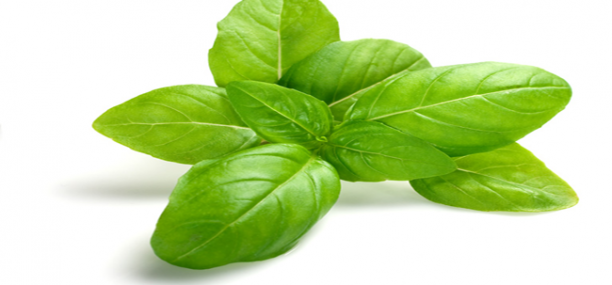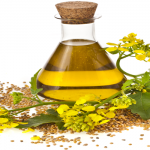Nutrition facts and Nutritional information of Basil
Basil (Ocimum basilicum, базилик, الحبق) is a common culinary herb of the family Lamiaceae (mints, النعناع البري), basil is regarded for its benefits. The name basil is derived from the Greek word basilikon phut0n. Other names for basil in some English speaking countries include Thai basil, sweet basil, or Saint Joseph’s Wart.
Basil is a green vegetable that can grow everywhere; they can grow in a container at your home or in your garden. Growing your own basil will grant you a steady supply of this outstanding medicinal health friendly herb.
Basil is a great source of flavonoid antioxidants, as well as it is highly saturated in volatile oils that have antibacterial and analgesic (painkilling) qualities.
Basil is a great natural source of beta-carotene a component of vitamin A essential for maintaining healthy vision, as well as basil is an excellent source of vitamin C (a natural immunity boaster) and contains several minerals like calcium, iron, and potassium.
Intake
You can eat large quantities of basil, as it has a subtle lovely flavor, Try making your own salad with fresh basil, tomatoes, mozzarella cheese, olive oil, lemon and vinegar, or make a pesto by grinding fresh basil with grated Parmesan, pine nuts, lemon, salt and olive oil
Verified by: Dr.Diab (June 28, 2017)
Citation: Dr.Diab. (June 28, 2017). Nutrition facts and Nutritional information of Basil. Medcoi Journal of Medicine, 3(2). urn:medcoi:article18249.














There are no comments yet
Or use one of these social networks